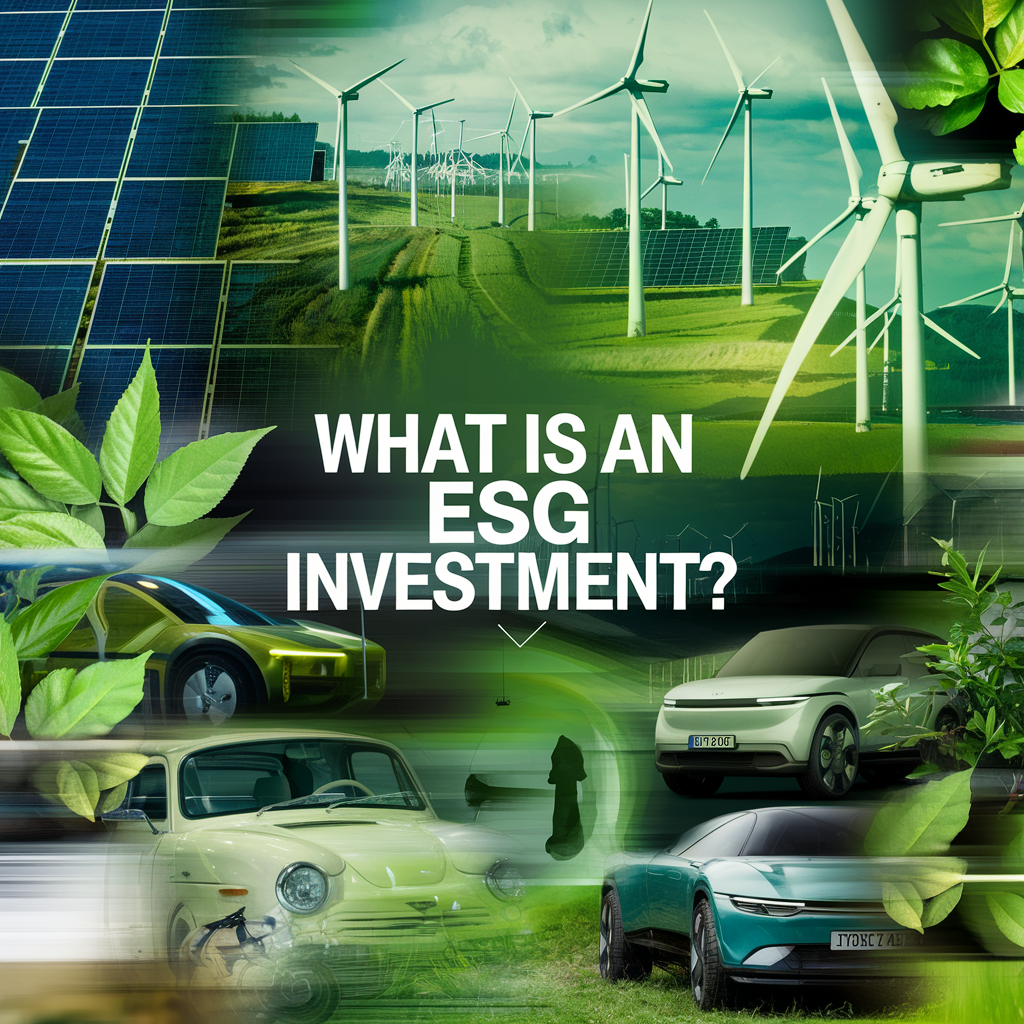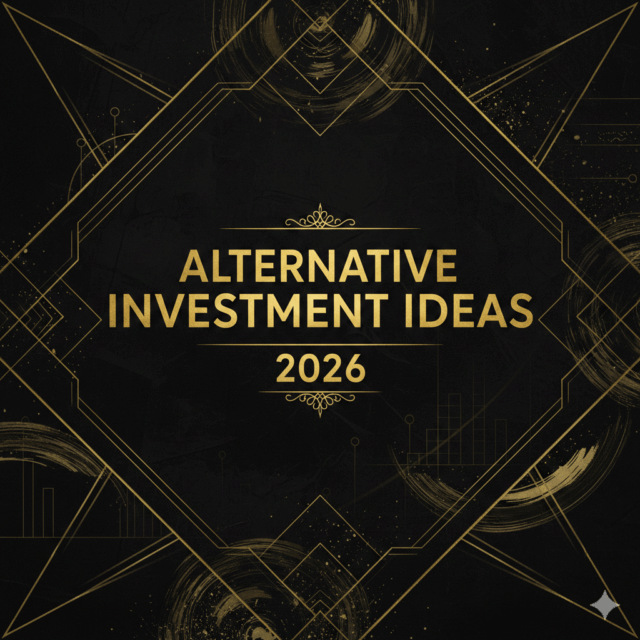What is an ESG Investment? ESG investing represents a fundamental shift in how we approach financial markets, combining profitable returns with positive environmental, social, and governance impact. This investment strategy has gained significant traction as investors increasingly recognise the importance of sustainable and responsible business practices in building long-term value. The growing awareness of climate change, social inequality, and corporate responsibility has positioned ESG investments at the forefront of modern portfolio management.
Understanding ESG Investment Fundamentals
Environmental, Social, and Governance (ESG) investing evaluates companies based on their commitment to sustainable practices, social responsibility, and effective corporate governance. These three pillars form the foundation of responsible investing and help investors make informed decisions that align with their values while seeking financial returns. The comprehensive nature of ESG analysis provides investors with a deeper understanding of a company’s overall health and future prospects.
Environmental Factors
Environmental considerations in ESG investing focus on a company’s impact on the planet and their commitment to sustainability. Companies are evaluated on their approach to climate change, their resource management strategies, and their overall environmental footprint. This includes examining their energy efficiency initiatives, waste management programs, and commitment to reducing greenhouse gas emissions. Organisations that demonstrate strong environmental stewardship often show enhanced operational efficiency and reduced exposure to environmental risks.
Social Responsibility
The social component of ESG investing examines the complex web of relationships between a company and its stakeholders. This encompasses everything from employee treatment and workplace safety to community engagement and customer satisfaction. Companies that excel in social responsibility typically maintain strong relationships with their workforce, implement comprehensive diversity programs, and actively contribute to the well-being of their local communities. These organisations often demonstrate lower employee turnover and stronger customer loyalty.
Governance Standards
Effective corporate governance forms the backbone of sustainable business practices. Companies with strong governance structures typically maintain transparent reporting practices, diverse board composition, and fair executive compensation policies. They implement robust risk management systems and maintain high standards of business ethics. Good governance practices help protect shareholder interests and ensure long-term business sustainability.
The Growing Impact of ESG Investments
Rachel Buscall, CEO of New Capital Link, emphasises the significance of ESG investing: “ESG investments are no longer just a trend but a fundamental shift in how we evaluate long-term business success. Our data shows that companies with strong ESG practices often demonstrate better risk management and resilience during market volatility. We’ve observed that organisations embracing ESG principles are better positioned to navigate future challenges and capitalise on emerging opportunities.”
The impact of ESG investments continues to grow exponentially. Global ESG assets are projected to exceed $53 trillion by 2025, representing more than a third of total assets under management. Companies with high ESG ratings have demonstrated an impressive 18% higher return on investment compared to industry averages. Furthermore, 76% of institutional investors now consider ESG factors in their investment decisions, while green bonds issuance reached a record $517.4 billion in 2021.
Benefits of ESG Investment Strategies
Risk Mitigation
ESG analysis provides investors with a comprehensive framework for identifying potential risks that might be overlooked in traditional financial analysis. Companies with strong ESG practices typically demonstrate better risk management capabilities, from regulatory compliance to supply chain resilience. These organisations are often better prepared to handle environmental challenges, social issues, and governance concerns that could impact their operations and reputation.
Long-term Value Creation
The integration of ESG principles into investment decision-making supports long-term value creation. Companies committed to sustainable practices often achieve enhanced operational efficiency through resource conservation and waste reduction. Strong stakeholder relationships foster customer loyalty and employee retention, while robust governance structures protect against operational and reputational risks. These factors combine to create a more resilient and sustainable business model.
How to Start ESG Investing
The journey into ESG investing begins with thorough research and understanding of sustainable investment principles. Investors should familiarise themselves with ESG ratings systems, sustainability reports, and industry benchmarks. Working with experienced financial advisors who specialise in sustainable investing can help navigate the complexities of ESG integration.
ESG investments can be accessed through various vehicles, including specialised mutual funds, exchange-traded funds (ETFs), direct stock investments, and green bonds. Each approach offers different advantages and considerations, allowing investors to align their ESG goals with their investment strategy and risk tolerance.
Future Trends in ESG Investing
The ESG investment landscape continues to evolve rapidly, driven by increasing regulatory oversight and technological advancement. Standardisation of ESG metrics is improving, making it easier for investors to compare and evaluate investment opportunities. Technology-driven ESG analysis tools are becoming more sophisticated, enabling better measurement and monitoring of sustainability performance. These developments are creating a more transparent and efficient market for sustainable investments.
Common Misconceptions
Many investors still harbor concerns about the performance of ESG investments relative to traditional investments. However, extensive research demonstrates that ESG-focused portfolios can match or exceed conventional investment returns while offering better risk-adjusted performance. The key lies in understanding that sustainable business practices often lead to improved operational efficiency and reduced risks.
The issue of greenwashing remains a concern in the ESG investment space. Investors must conduct thorough due diligence to verify sustainability claims and ensure authentic commitment to ESG principles. This includes examining detailed sustainability reports, monitoring ongoing compliance, and seeking third-party verification of ESG credentials.
Alternative Investments London
New Capital Link stands as a pioneering force in London’s sustainable investment landscape. As a leading investment advisory firm specialising in ESG and sustainable investments, we bring over 15 years of experience to the alternative investment sector. Our London headquarters serves as a hub for sustainable finance innovation, where our team of certified financial advisors combines deep market knowledge with an unwavering commitment to sustainable finance principles.
Under the leadership of CEO Rachel Buscall, we’ve established ourselves as a trusted partner for investors seeking to align their financial goals with positive environmental and social impact. Our comprehensive services encompass ESG portfolio management, sustainable investment strategy development, and impact investment consulting. We pride ourselves on our ability to identify and analyse sustainable investment opportunities that deliver both financial returns and meaningful impact.
New Capital Link’s presence in London’s financial district positions us at the heart of global sustainable finance. Our team’s expertise in alternative investments and ESG integration enables us to provide sophisticated solutions that meet the evolving needs of conscious investors. Contact us to explore how we can help you build a more sustainable financial future through strategic ESG investing.






